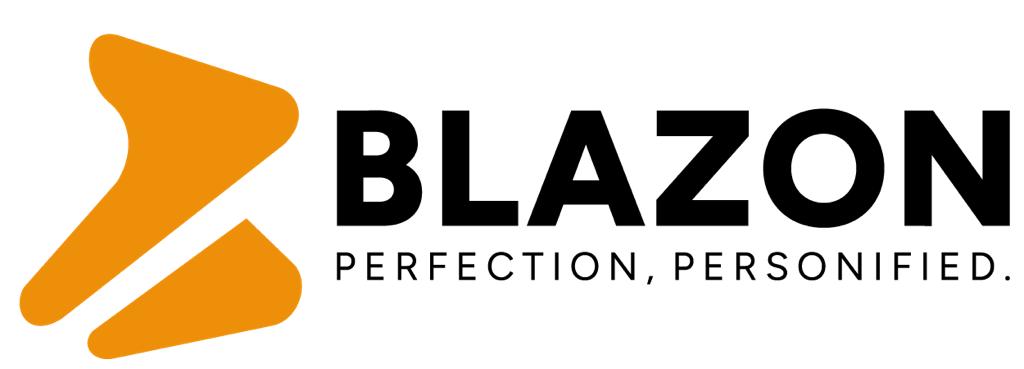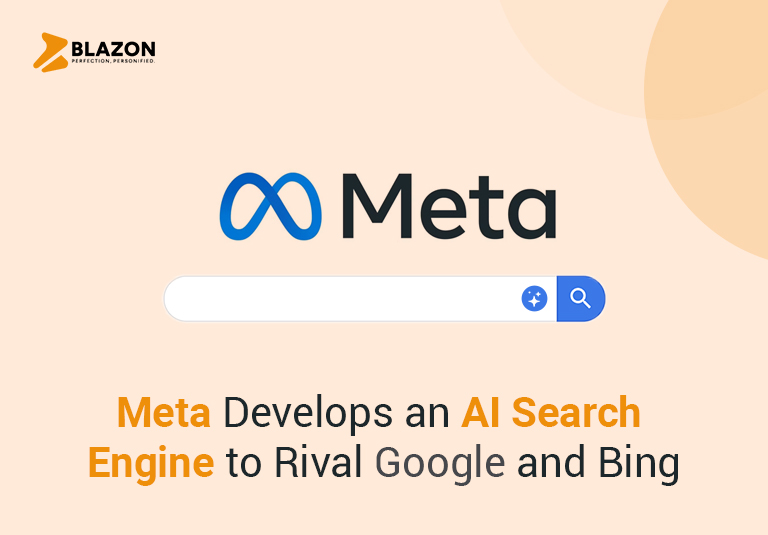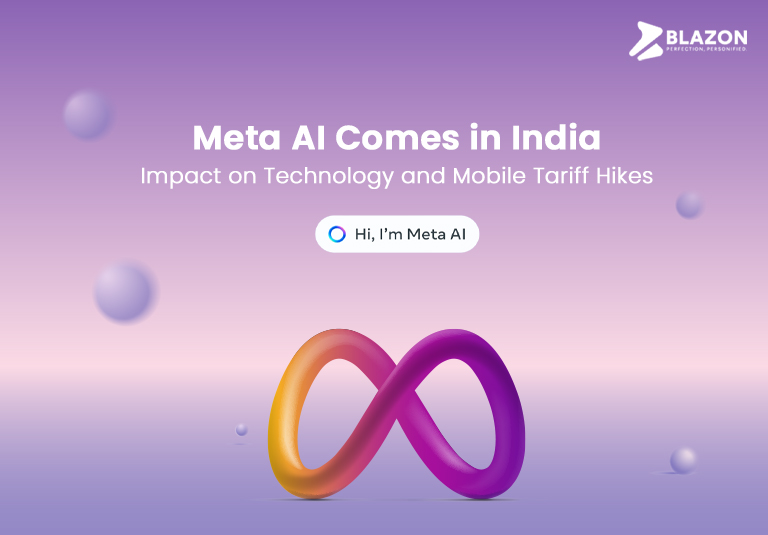Meta is creating its AI-powered search engine in a daring attempt to increase its influence in the tech sector. According to information, Meta Platforms is creating an artificial intelligence-based search engine to reduce dependency on Google by Alphabet and Microsoft’s Bing.
Meta’s Drive for Innovation in AI
Meta has long been at the forefront of AI research; developing a search engine aligns with the company’s larger objective of creating an interconnected, AI-powered digital environment.
Social media depends mostly on the Google and Bing search engines to provide users with news updates, market prices, and sports scores. However, with the creation of its AI search engine, Meta hopes to internalize this capability and improve user retention and engagement on its platforms even more.
By creating its search engine, Meta can effectively integrate search features throughout its portfolio of apps and services and obtain greater control over user data and ad targeting. This might result in smoother user experiences and enhance Meta’s position within the ecosystem of digital advertising.
The report, which mentioned a person with knowledge of the approach, claims that Meta’s web crawler will offer conversational responses to users regarding current events on Meta AI, the company’s chatbot on Facebook, Instagram, and WhatsApp.
The market for AI search engines is booming as companies like Microsoft, Google, and OpenAI, the company that created ChatGPT, compete for a lead in the constantly evolving industry.
Meta’s search engine is designed to comprehend user intent and provide results that are customized to each user’s preferences, whereas Google and Bing are mainly concerned with indexing and ranking websites.
The company’s efforts to enhance AI are already generating encouraging outcomes. Since becoming global, 400 million people have used Meta’s AI chatbot, which is powered by Llama 3.1. This number is gradually catching up to ChatGPT’s weekly usage.
Although scraping web data to train search engines and AI models is a popular activity, it has raised concerns about copyright infringement and the fair pay of content providers. To provide customers with real-time updates and perspectives on news events, Meta recently revealed that its AI chatbot will incorporate content from reliable sources, such as Reuters.
Obstacles to Overcome
While it is a remarkable development, Meta’s AI search engine has some limitations. It will be difficult to compete with Google and Bing, who have spent decades perfecting their search algorithms and compiling enormous databases of indexed web pages. Meta must make certain that its search engine returns accurate, thorough, and pertinent results.
Privacy issues are also quite important. The introduction of a search engine that gathers even more user data could cause more worries about user privacy and data security, as Meta is already being criticized for its data collection methods.
Final Thoughts
Meta’s AI-powered search engine, which provides a smooth and customized user experience, has the potential to completely transform the search market.
Despite fierce competition from Google and Bing, Meta can be able to establish itself as a strong player in the changing digital landscape thanks to its incorporation of cutting-edge AI and machine learning.




